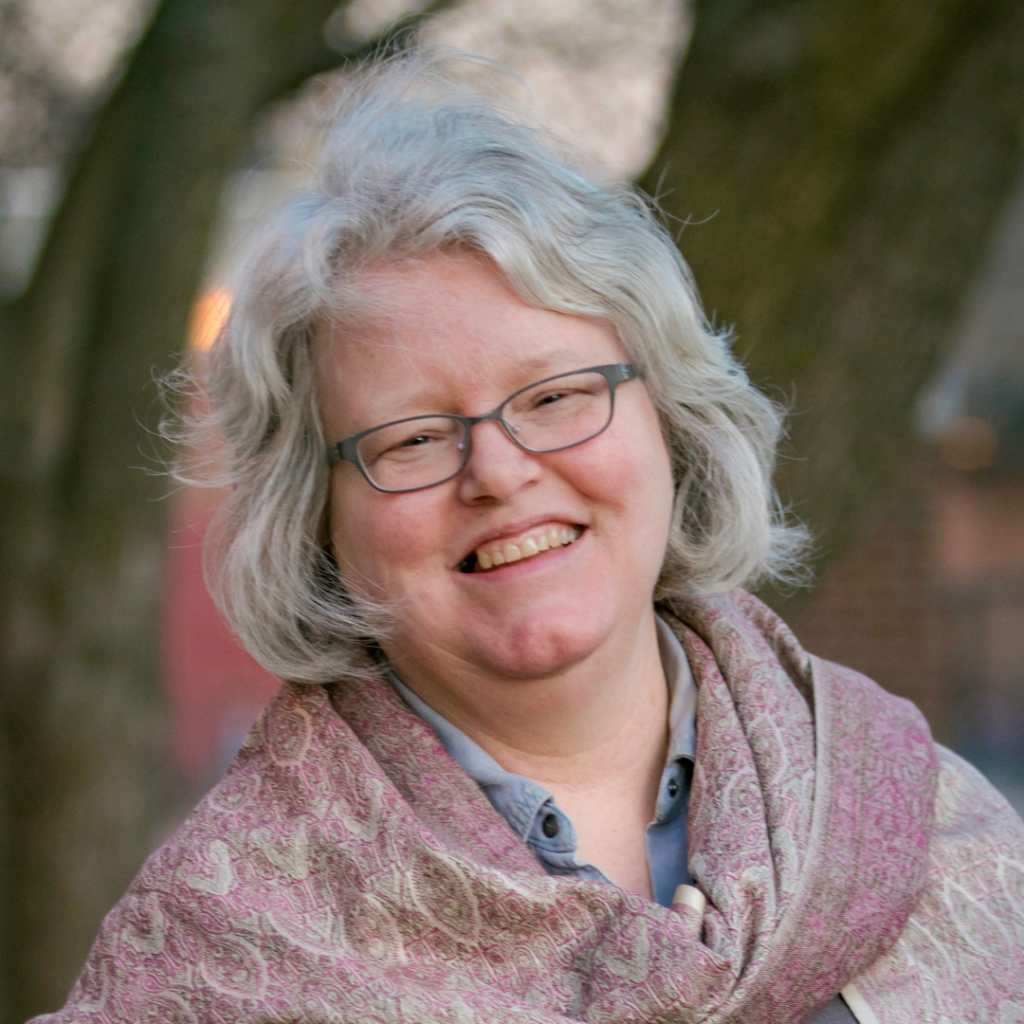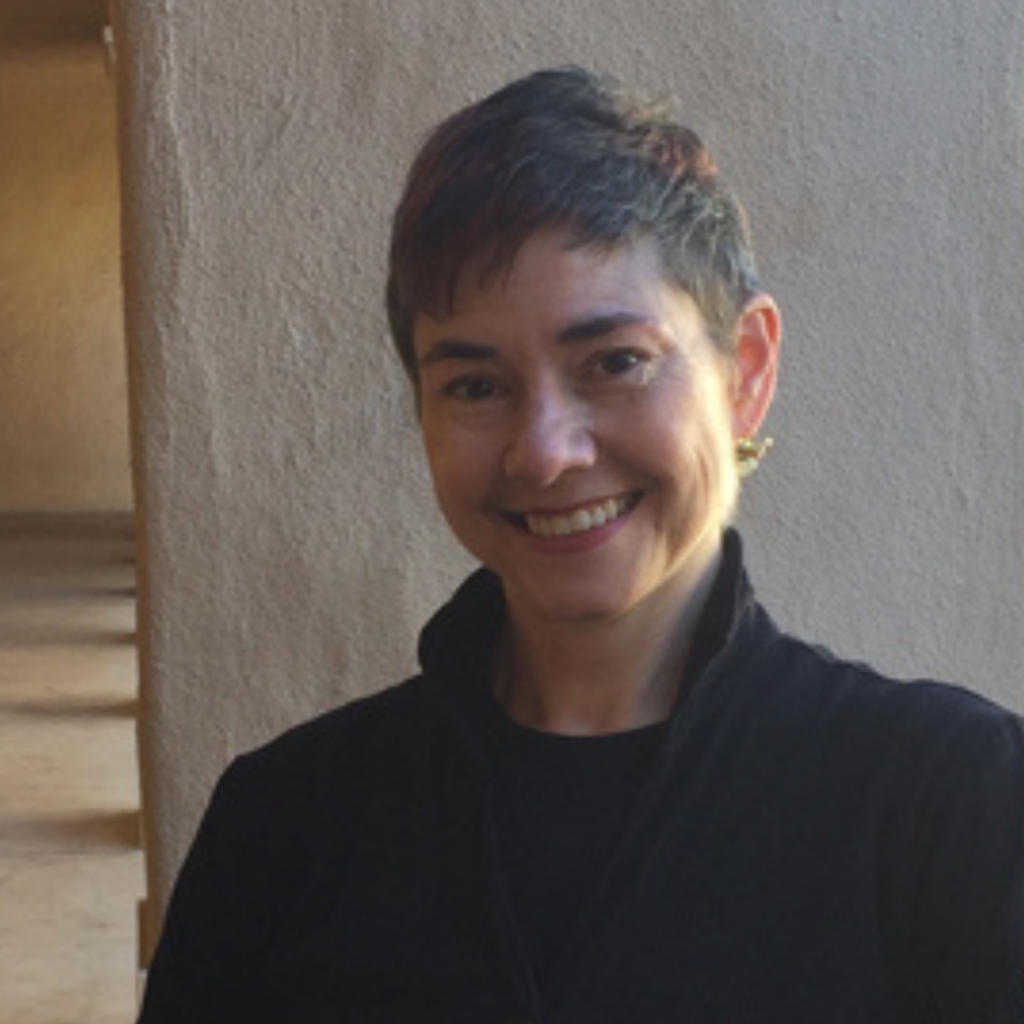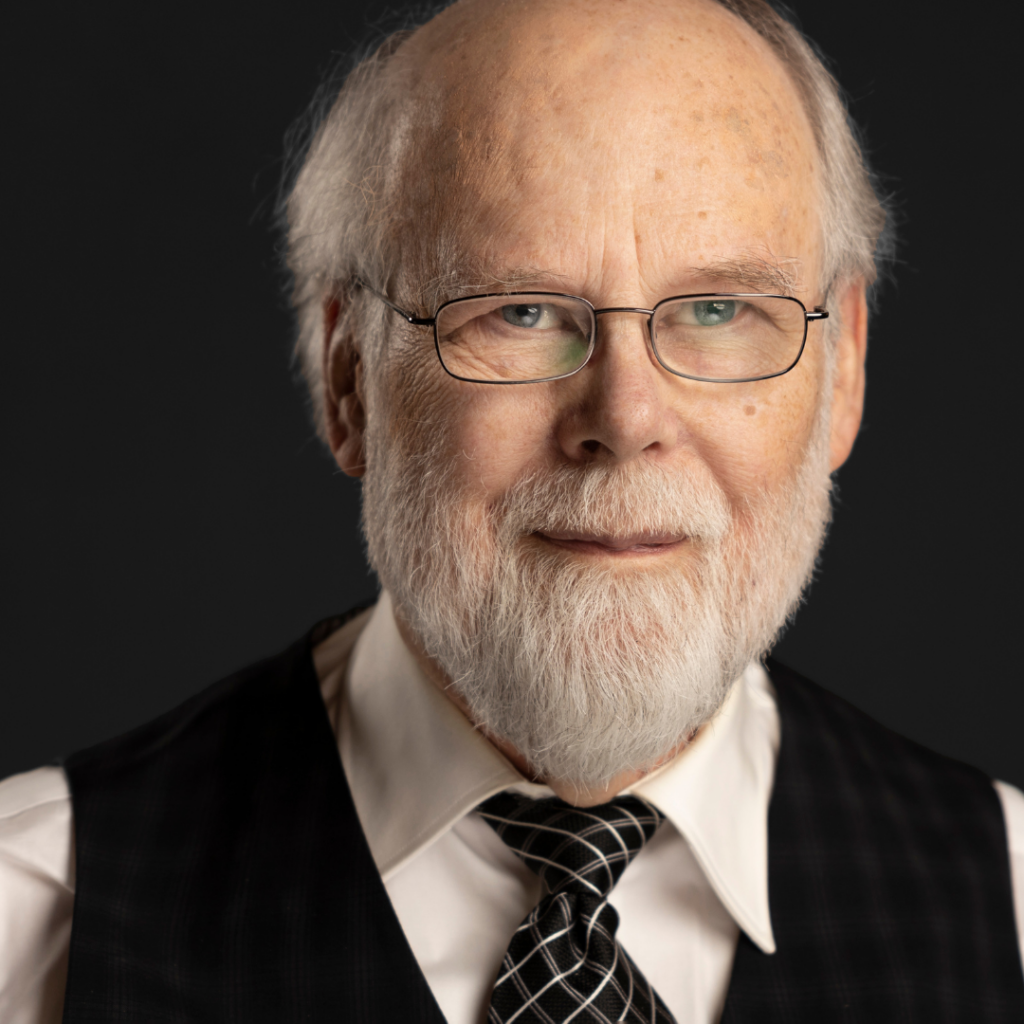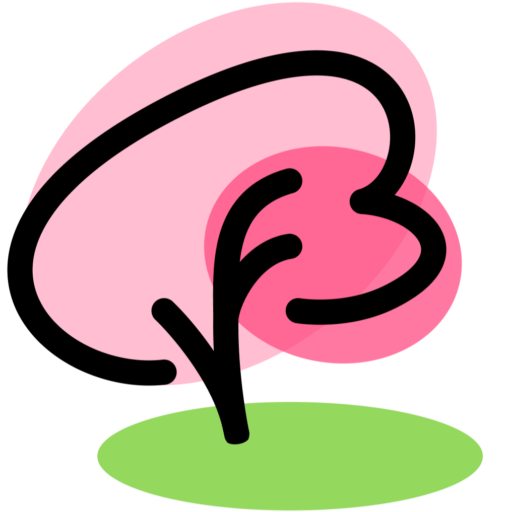Cherry blossoms are a quintessential haiku image, as they resonate with the beauty of the ephemeral—and with the sense that that beauty and its ephemerality are mutually essential. This year, we were presented with about seventeen hundred entries—a petal rain of little poems! We were struck by how deeply felt so many of the haiku were—how these few lines often carried so much humanity and sensitivity. After our first round of scoring, we met by Zoom to discuss our assessments and make our final decisions. We agreed that we were looking for freshness; for that fine balance between saying enough but not too much, leaving the poem open and unfinished; for euphony and thoughtful use of language; for a mood, a feeling, something that reverberated after the read. We very much enjoyed the process and are delighted to celebrate our selections with the poets and with the worldwide community of readers.
—Hannah Mahoney, Lorraine A Padden, and John Stevenson
Vancouver
cherry blossoms . . .
we switch to
our mother tongue
Antoinette Cheung
Vancouver, British Columbia
Our selections were made blind; without knowledge of the poet’s gender, ethnicity, or other details. In this instance, this information might have led us to one or another interpretation. In general, a switch to a “mother tongue” might suggest a yearning for the past, perhaps even homesickness. This is juxtaposed with perhaps the quintessential seasonal expression of change as life’s one true constant—cherry blossoms. A variety of emotions remain potentially apt, ranging from sadness to joyful reminiscence. A crucial element of this poem is the first-person plural. I am reminded of the (Swedish?) proverb, “Shared joy is double joy; shared sorrow is half a sorrow.” (JS)
British Columbia
giving
everything possible
cherry trees
C. Jean Downer
White Rock, British Columbia
In early spring, there’s such a sense of everything busting out of itself. Birds are singing their hearts out; buds are about to sproing into flower. This deceptively simple haiku gives me that feeling of life being called to itself, propelled, giving its all, in spring’s first days and weeks. It puts me in mind of Denise Levertov’s poem “The Métier of Blossoming,” which ends wondering if we humans can give ourselves as wholly to life’s impetus as the blooming amaryllis does: “If we could blossom / out of ourselves, giving / nothing imperfect, withholding nothing!” Like Levertov’s poem, this haiku invites us to a fullness of being—and does so in just five well-chosen words. (HM)
Canada
first blossoms
a bit of Bach
from a busker’s guitar
LeRoy Gorman
Napanee, Ontario
The percussive musicality of this charming haiku shone out when we read it aloud. (Try it!) We could hear the intricate guitar notes, as well as the clink of coins dropping into the musician’s instrument case. This fresh image, perfectly expressed, has a real sense of karumi, or lightness. I picture myself walking to work, late, hurried, a bit hassled, and then—Bach! I pause, appreciate the music, the player’s talent and concentration. Others have stopped as well. I look up and around, notice a blossoming tree, the warmth of the morning. I drop a few quarters into the musician’s case, she nods, and I go about my day, refreshed and lightened, awake. This haiku takes me there. (HM)
United States
collecting
blossom petals
the shelter entry
John Pappas
Brighton, Massachusetts
Although they are tiny, finely crafted haiku have plenty of space to hold bold directional shifts and clear moments of reckoning. Call it a fullness that welcomes the complete breadth of experience—both natural and human—with no part left out. In this poem, we are gently welcomed, perhaps by the image of a child scampering after floral confetti. Then, we suddenly find ourselves swirling in the alcove outside the door of a homeless shelter. The juxtaposition is jarring, and truthfully so—a bleak pairing of both blossoms with no less fragile humans, routinely displaced by more powerful forces, be they natural or manmade. We can imagine many stories around this haiku moment: a harsh reality, but perhaps also some comfort in the optimism that saving doorway could represent. (LAP)
International
daybreak
a blackbird sings the cherry
into bloom
Polona Oblak
Ljubljana, Slovenia
This poem takes a wonderfully novel approach to our beloved theme. Much of the odyssey found and appreciated in haiku about cherry blossoms might be described as movement from bud to flower to beyond—moments of buoyant anticipation, full splendor, and poignant loss. Rarely, however, do we find the process amplified, brought about even, by the song of a fellow traveler, that blackbird. Daybreak itself also signals flowerings to come, and offers a reflective pause not reliant on the presence of literal buds. From single cherry to a reassuringly collective journey, may we all be sung so joyously into bloom. (LAP)
Youth
late-night fog
cherry blossoms
light the way
Isabella Slattery Shannon, Age 11
Christchurch, New Zealand
There is little absolute darkness in nature. It can be found in ocean depths and caves. But in the spaces in which we live most of our lives, what we think of as darkness is a relative condition. Night is darker than day. Night with fog may be darker than a night with a moon and stars. Or with artificial lights undimmed by fog. In this poem, the element that makes the darkness less than absolute is the light color of cherry blossoms—a natural light, powerful enough to “light the way” for a very young poet! (JS)
2023 HAIKU INVITATIONAL
Judges

Hannah Mahoney
Hannah Mahoney’s debut haiku chapbook, Shifting Light, published in 2022 by Backbone Press, was short-listed for the Touchstone Book Award. Her haiku also appear in What Weathers, What Returns (Red Moon Press, 2023), a collection by the Broadmoor Haiku Collective, of which she is a member. She was a featured poet in A New Resonance 12 (Red Moon Press, 2021) and is a recipient of the Kaji Aso International Haiku Award and the Kaji Aso International Senryu Award. She lives in Cambridge, Massachusetts.

Lorraine A Padden
Lorraine A Padden is a Touchstone Award–winning poet and former professional ballet dancer whose career and scholarship in the performing and visual arts has garnered national recognition, including an appointment to the National Endowment for the Arts. Her haiku have been honoured by the Haiku Foundation, Tricycle magazine, the Haiku Society of America, the Tokutomi International Haiku Contest, and the British Haiku Society, among others. Lorraine is a featured poet in A New Resonance 13, an anthology showcasing emerging voices in English-language haiku. Upwelling, her debut collection of haiku and related short forms, was published by Red Moon Press in 2022. Lorraine lives in San Diego, California.

John Stevenson
John Stevenson is a former president of the Haiku Society of America, former editor of Frogpond and, since 2008, has served as managing editor of The Heron’s Nest. He is a founding member of the Route 9 Haiku Group (Upstate Dim Sum). He was designated an honorary curator of the American Haiku Archives of the California State Library for 2018–19. His latest haiku collections are My Red (2021), from Brooks Books, and This Once (2023), from Red Moon Press. John lives in Nassau, New York.
Haiku Invitational ↗
Return to the main page of the Haiku Invitational.
Meet Our 2022 Winners ↗
Meet our 2022 Haiku Invitational winners.
2022 Commentary ↗
Read the judges’ 2022 commentary for inspiration for your own haiku.
2023 Haiku Exhibition↗
Celebrate winning haiku with commissioned pieces by Musqueam, Squamish, and Tsleil-Waututh artists.
More Haiku ↗
View additional categories of 2022 Sakura Awards and Honourable Mentions.
Programs subject to change. All event titles are protected trademarks of the Vancouver Cherry Blossom Festival.

